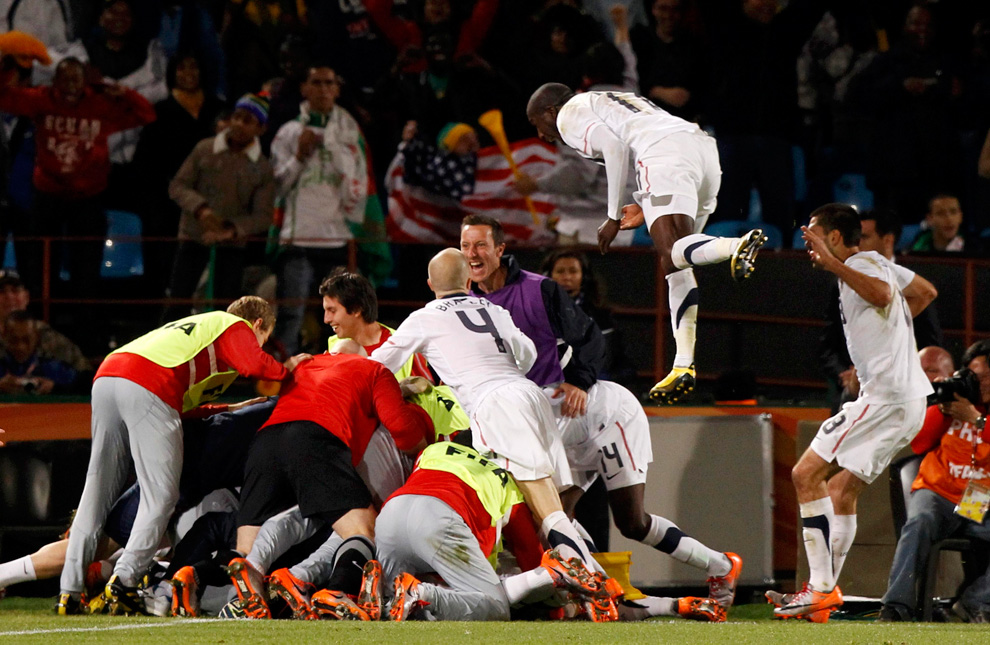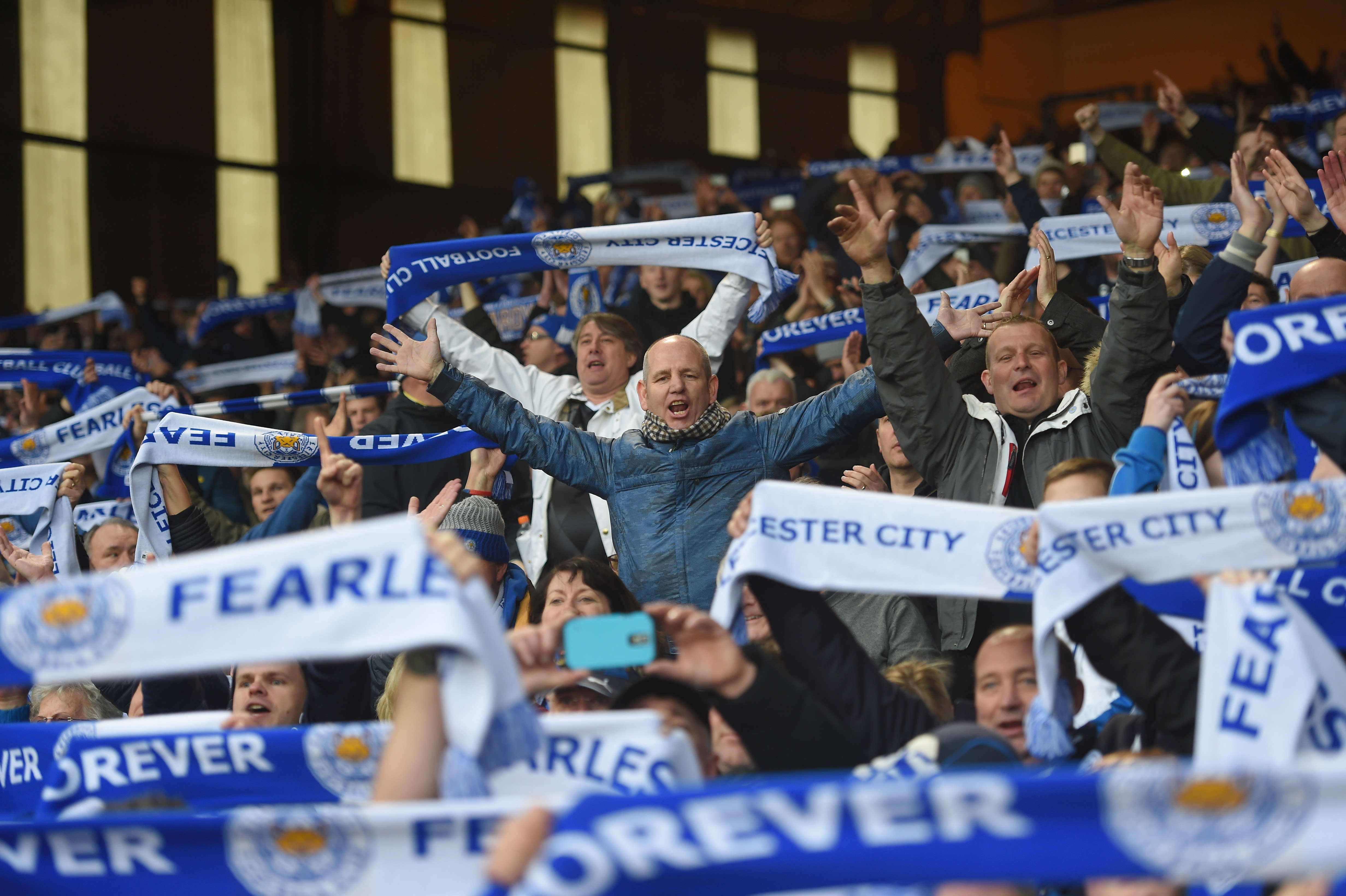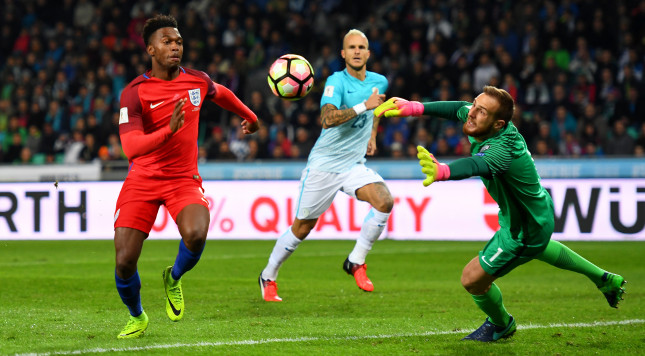
ENFIELD, ENGLAND – OCTOBER 10: Interim England manager Gareth Southgate walks out for an England training session at the Tottenham Hotspur training ground on October 10, 2016 in Enfield, England. (Photo by Dan Mullan/Getty Images)
We have finally moved past the international breaks for at least a few weeks. Let us rejoice for the time being. In all seriousness, with club soccer starting back up, we have to ask: Does the international break benefit anyone in club soccer?
For teams doing well, you could argue that it gives them a bit of a break, but that’s where the benefit ends. Not only does it break up any momentum that has built up, it risks your team’s players. We can look at Liverpool as the perfect example for this. Before the international break, Liverpool were the in form team, besides perhaps Tottenham, and played at a frightening pace. They were cutthroat in front of goal and had a confidence and assuredness that was inspiring.
Then came the international break. With Adam Lallana already injured during the Swansea game, Liverpool could not afford any significant injuries with the upcoming game against Manchester United. That’s when Gini Wijnaldum got hurt while away at international duty. This meant that Jurgen Klopp needed to replace not one, but two of his midfield players, two that happen to be instrumental in the press. Now, Liverpool needed to replace them with players that were not used to those positions, with less time to prepare them for the game. The same can be said about Tottenham, to a lesser extent, who went from beating Manchester City to drawing in their next two games (West Brom and Bayer Leverkusen).
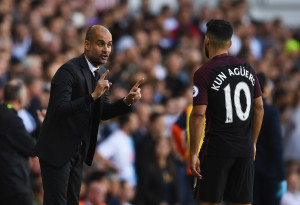
LONDON, ENGLAND – OCTOBER 02: Josep Guardiola, Manager of Manchester City (L) gives Sergio Aguero of Manchester City (R) instructions during the Premier League match between Tottenham Hotspur and Manchester City at White Hart Lane on October 2, 2016 in London, England. (Photo by Shaun Botterill/Getty Images)
The international break is equally unkind to teams that are struggling, or had a poor results right before the break. When a team suffers a bad loss, the first thing they want to do is get right back out there and play, something they can’t do for two weeks with an international break. While Manchester City weren’t really struggling prior to internationals, they did look abject against Tottenham. What followed was two weeks of analysis and focus on their failings in that game. In time, with little to discuss and ideas being repeated ad nauseam, the discussion becomes a bit of an echo chamber. As more people talk about how poor City were, the more people agree. The more people agree, the wider that trend of thinking is spread. The wider it is spread, the more people talk. It keeps growing until noise becomes deafening.
This puts incredible pressure on the team. If they should fail to win the game directly following the international break, especially a team that had previously looked untouchable as Manchester City did, and you’ll have a bloodbath on your hands. The same goes for a variety of teams that had not played well before the break. Manchester United, Sunderland, and Swansea could all fall into this grouping, though Swansea will be discussed later. If you fail to go into the international break with a win, the negativity and the pressure that builds until the next game could be unbearable.
So we have to ask ourselves, besides the international teams, does the international breaks benefit anyone? Well, it can benefit the club fans in one very specific way. With no club soccer on, it is the perfect chance to spend time with family that you would have otherwise ignored while the games were on. I’m speaking directly to our readers now. Your family loves you and the international break is the perfect time to love them back. It’s two full weeks without soccer that matters to you (unless your country plays in a World Cup Qualifier) so pack as much family activity into the little time before we return to the churches of our living rooms when the Premier League returns.
Okay, okay. See what happens when we go too long without soccer? We get a little stir-crazy. In all seriousness, the international break only undeniably benefits teams in three situations. First, teams that don’t have many internationals on their roster. This is largely lower end of the table teams. The international break gives them an extra full week to focus on the next game, especially if it’s against a larger team with many internationals. The extra week, when used properly, gives the manager extra time to drill his players into the perfect set up to beat their next opponents.
The second situation that it benefits teams are those with star players that are close to coming back from injury. Simply put, it’s one less game that the player will miss on their way to recovery and it gives them an extra week to recover in time for their next game. It can sometimes be a race against time, but to many, the extra training days are needed and valued to make a full recovery.
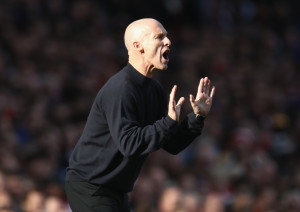
LONDON, ENGLAND – OCTOBER 15: Swansea City manager Bob Bradley gives instructions during the Premier League match between Arsenal and Swansea City at Emirates Stadium on October 15, 2016 in London, England. (Photo by Julian Finney/Getty Images)
Finally, the international break is the best time to bring in new managers. The recent examples of Bob Bradley with Swansea and Jurgen Klopp with Liverpool show that this is the best time mid-season to do it. By bringing in a manager almost immediately following the game before the international break, you give the new manager two weeks to work with his players before the managers first game in charge. The early international breaks also give the manager the opportunity to spend in January.
That’s about it, though. The international break is a momentum-killer for teams doing great and a pressurizer for teams doing poorly. Teams doing okay usually stay doing okay. Many have argued about possible solutions to this, from few, but longer, international breaks during the season to moving them all to the summer, but nothing seems to have really stuck. Maybe someday there will be an answer that fixes this issue, but until then, teams will struggle to find a way to fully cope with the break.

